Preserving traditional crafts
Soft and delicious rice paper
Sunbathing during the day, dew-bathing at night
Beloved Trang people
Follow the cake on all roads.
(Bui Thi Ngoc Diep)
When mentioning Tay Ninh , many people immediately think of Trang Bang sun-dried rice paper, a rustic dish but full of the soul of the countryside, which has been recognized as a National Intangible Cultural Heritage. Many years ago, Loc Du quarter (Trang Bang ward) was considered the "cradle" of the profession, a gathering place for artisans who hold the family secrets. Although time has caused many artisans to no longer follow the profession, and the number of households still attached to it has gradually decreased, the flame of the profession has never been extinguished.
Drying rice paper in Trang Bang craft village (Photo: Nguyen Huynh Dong)
One sunny morning, in the small kitchen, Mrs. Nguyen Thi Luan (living in An Phu neighborhood) was quickly making each thin rice paper, reminding her husband to bring the batch of rice paper that had been dried since morning to dry in the shade. Having been a daughter-in-law of Trang for decades, watching her mother-in-law and sister-in-law make rice paper, Mrs. Luan learned the "secret" to now continue the family's traditional work. For her, the secret of the profession is nothing but patience, skilled hands, experience in monitoring the flour, monitoring the fire, monitoring the sun, monitoring the dew, etc. "My family still uses a rice husk stove because the rice paper from this stove has a very unique flavor, like rice cooked on a wood stove, which is more fragrant and sweet than on an electric stove" - she shared with a smile.
On a sunny day, she can make more than 20kg of rice cakes. The work is hard but stable because the dew-dried rice cakes are always popular in the market and above all, the love for the job is still anchored in the hearts of Trang Bang workers.
As a daughter-in-law of Trang, Mrs. Nguyen Thi Luan (living in An Phu neighborhood) continues to follow her family's traditional profession, making rice paper dried in dew.
Nowadays, many families have used electric ovens for convenience and increased productivity, but no matter how, the soul of the profession still lies in the skillful hands and dedication of the craftsman so that the cakes are spread evenly, beautifully, exposed to the sun and dew just enough to be soft and pliable and absorb dew. From the fragrant sticky rice cakes, they also create many new types, serving the different tastes of diners.
In addition to sun-dried rice paper, Trang Bang also has many other types of rice paper thanks to the creativity of the makers.
According to Vice Chairwoman of Trang Bang Ward People's Committee Huynh Thi Thuy Trang, the locality always focuses on preserving and promoting traditional crafts. The Trang Bang Rice Paper Making Culture and Tourism Festival is an opportunity to honor heritage, spread the hometown culinary brand, and at the same time contribute to socio -economic development.
Festival highlights
If Trang Bang has the profession of making rice paper in the dew, then in Tam Vu, people preserve the Lam Chay Festival, a unique cultural feature originating from gratitude to those who sacrificed for the country. Over the years, the festival has become a place for religious exchange, harmonizing the rituals of many religions, conveying the morality of "When drinking water, remember its source", fostering the spirit of humanity and tolerance.
Mr. Bui Van Biet (Tan Xuan Communal House Management Board) shared: "In the festival, there are always worship rituals of Cao Dai, Buddhism and prayers for heroic martyrs and souls, so that the villagers can have peace and a favorable harvest." The harmony between the worship rituals of different religions in the Lam Chay Festival is maintained until today, a testament to the solidarity and heart of the indigenous community. No matter what religion they follow or what job they do, the people of Tam Vu still have a common heart towards their country and ancestors, always imbued with tolerance and kindness through each activity and program in the festival.
The Lam Chay Festival of Tam Vu is not only a source of pride for the homeland but also a tradition of “When drinking water, remember its source” of the nation. The festival not only attracts local people and visitors but is also a place for overseas Vietnamese to return. Although he has lived abroad for more than 10 years, Mr. Pham The Hung (Tam Vu commune) is still a core member of the annual Lam Chay Festival.
Mr. Hung once shared that there were years when he could not return home in time for Tet but he still attended the festival every year. His relatives all settled abroad but he still wanted to return to participate in the Lam Chay Festival to be connected to his homeland, his roots, and meet his neighbors.
The rituals of the Lam Chay Festival are preserved to this day.
Over time, the Lam Chay Festival has developed many more activities to attract a large number of people such as folk games, parades, folk performances, etc., attracting tens of thousands of people to participate. To preserve the unique features of the festival, the joy of the people, and at the same time ensure that all entertainment activities do not become excessive, unsafe or cause a bad image, the local government has made efforts in propaganda work and maintaining order.
According to Master Le Thi Thanh Yen shared in the article Preserving and promoting the value of festivals in our country - Current situation and solutions, festivals are considered a bridge connecting the past with the present, one of the very good traditional and cultural educational environments for the young generation, a legitimate spiritual need of everyone, which needs to be respected. Festivals are not only a mirror reflecting national culture but also an environment to preserve, enrich and promote the value of national culture.
Preserving and promoting the value of traditional crafts, villages, festivals or historical relics is to retain the good cultural values that have been nurtured and filtered through hundreds of indigenous communities. Those are the good core values of the community, the bond that creates the cohesion and strength of the community and the nation.
In order to preserve and promote the good cultural values of the province, in recent times, the Department of Culture, Sports and Tourism has taken the lead in advising on the preservation and promotion of intangible cultural values in Tay Ninh province in association with the development of community tourism such as propagating and widely promoting historical relics; preserving and promoting the traditional New Year Festival in Tay Ninh province in association with the development of community tourism; launching Khmer cultural experience tourism products in Long Hoa ward with the model of Learning about Khmer cultural heritage; coordinating with localities to periodically organize programs and events to honor the craft of making Trang Bang dew-dried rice paper, the art of preparing vegetarian dishes in Tay Ninh province;...
In addition, the province also has many activities to build festival tourism products: Lam Chay Festival, Ngu Hanh Long Thuong Lady Festival, National Hero Nguyen Trung Truc's death anniversary,... Focus on developing historical and cultural relic values, while improving the quality of organizing festivals that are typical for festival tourism in the province.
Tay Ninh today is on a new journey of development, but in every way of life, every custom, every festival, there is still the "breath" of tradition, creating a unique identity that is both simple and sacred. Preserving and spreading that precious value is the connection between the past, present and future as well as preserving the core cultural values of the ethnic community./.
Festivals are born from the community and the community is the subject, so the festival organization is carried out by the community. The community organizes, protects and enjoys the festival. However, the State's support is needed in its role as state manager. Depending on the scale of the festival, the State participates in the festival organization to support issues such as ensuring security, order, food safety and hygiene, guiding the community in managing financial resources well, etc. to avoid unexpected incidents that distort the nature and value of the festival and avoid distortion. The State always creates all conditions for people to organize and enjoy festivals themselves." Deputy Director of the Department of Culture, Sports and Tourism Nguyen Tan Quoc |
Moc Chau
Source: https://baolongan.vn/giu-gin-va-lan-toa-gia-tri-van-hoa-qua-tung-di-san-a203205.html


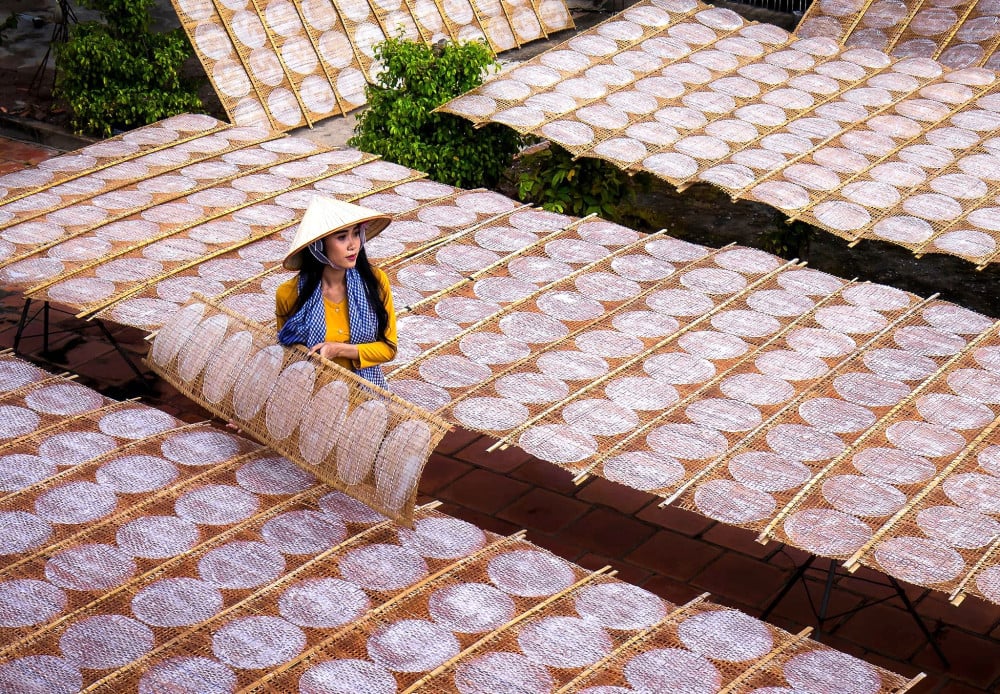
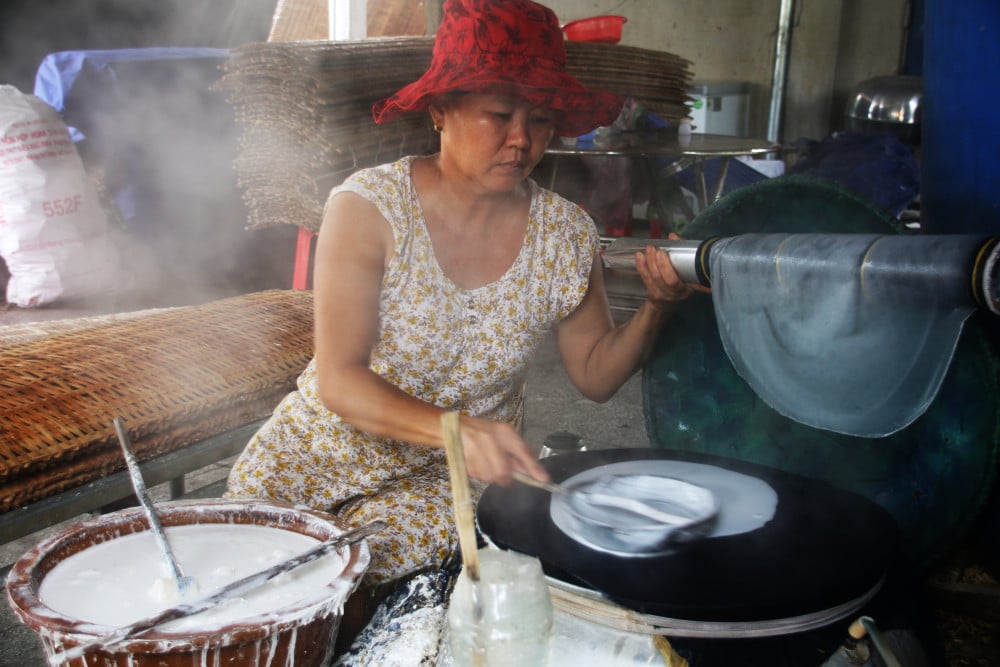
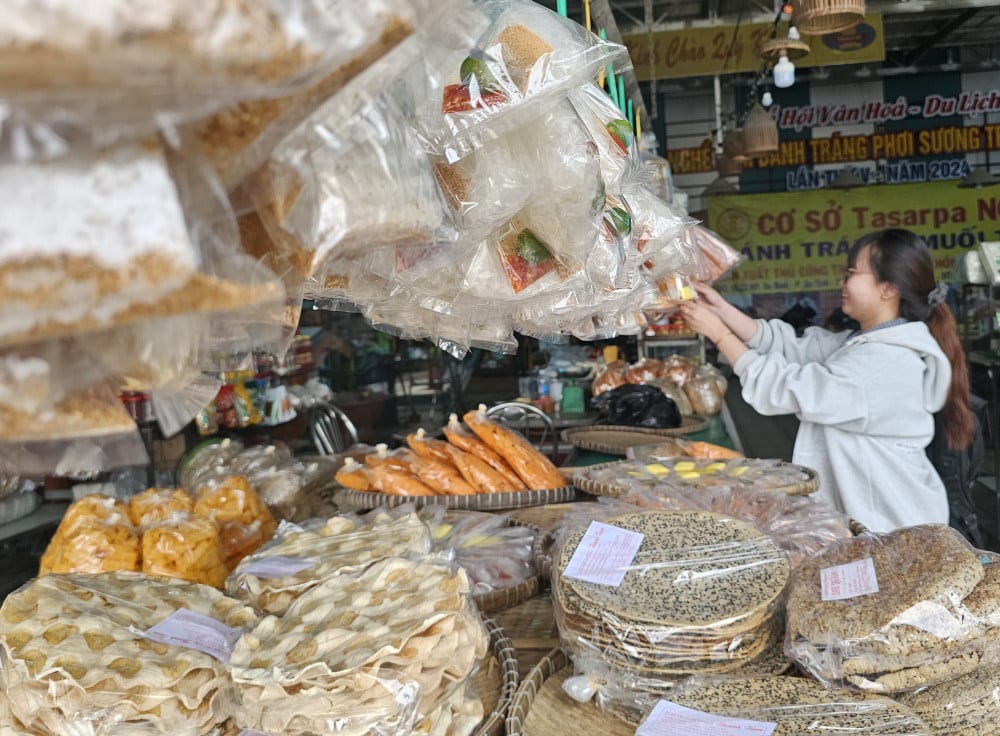
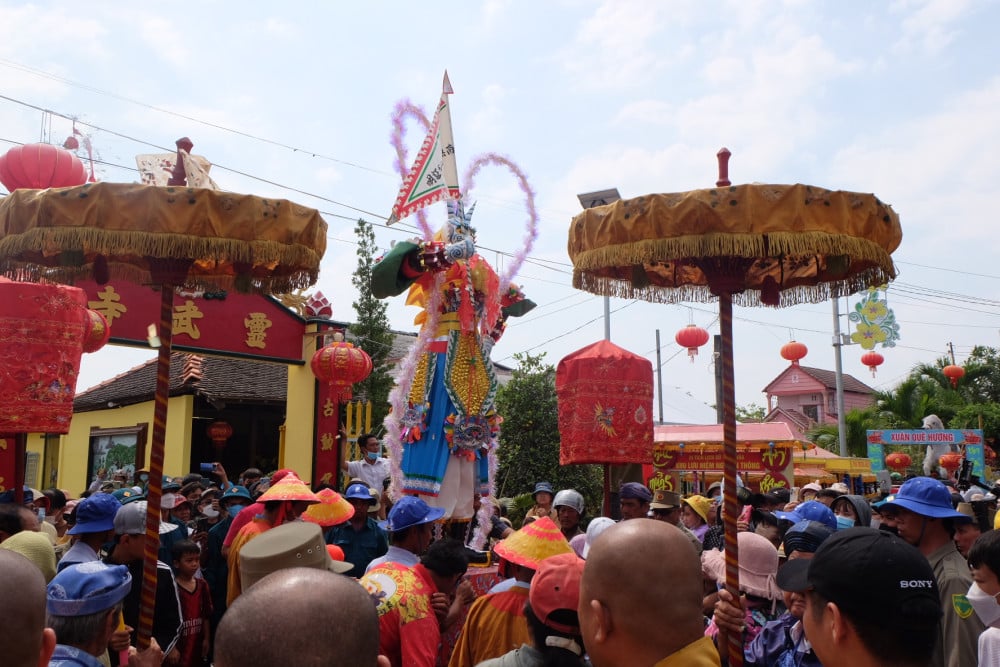


![[Photo] National Assembly Chairman Tran Thanh Man chairs the 8th Conference of full-time National Assembly deputies](https://vphoto.vietnam.vn/thumb/1200x675/vietnam/resource/IMAGE/2025/9/29/2c21459bc38d44ffaacd679ab9a0477c)
![[Photo] General Secretary To Lam attends the ceremony to celebrate the 80th anniversary of the post and telecommunications sector and the 66th anniversary of the science and technology sector.](https://vphoto.vietnam.vn/thumb/1200x675/vietnam/resource/IMAGE/2025/9/29/8e86b39b8fe44121a2b14a031f4cef46)
![[Photo] General Secretary To Lam receives US Ambassador to Vietnam Marc Knapper](https://vphoto.vietnam.vn/thumb/1200x675/vietnam/resource/IMAGE/2025/9/29/c8fd0761aa184da7814aee57d87c49b3)
![[Photo] Many streets in Hanoi were flooded due to the effects of storm Bualoi](https://vphoto.vietnam.vn/thumb/1200x675/vietnam/resource/IMAGE/2025/9/29/18b658aa0fa2495c927ade4bbe0096df)
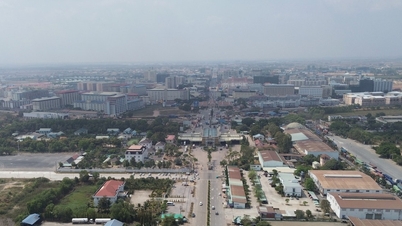








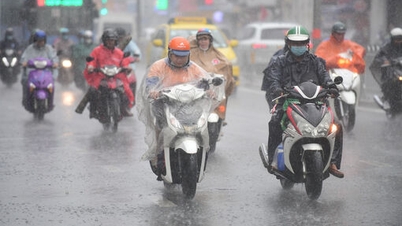


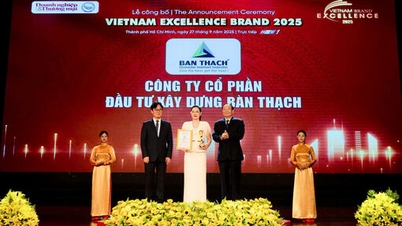
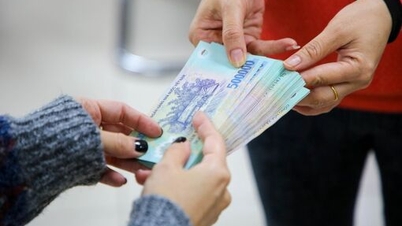
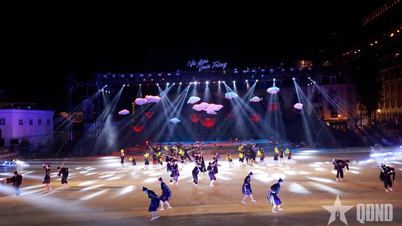







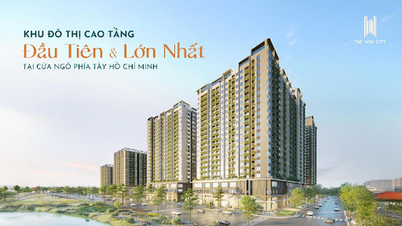


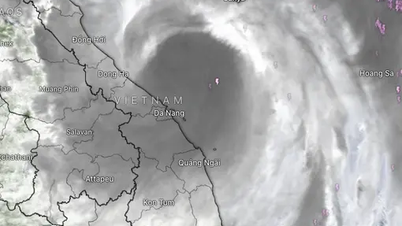

































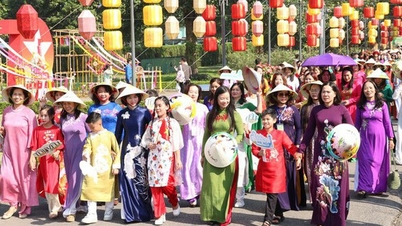

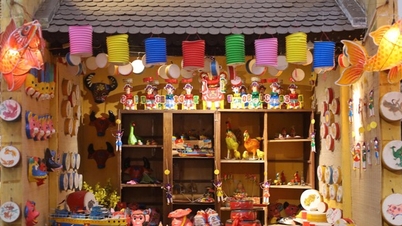










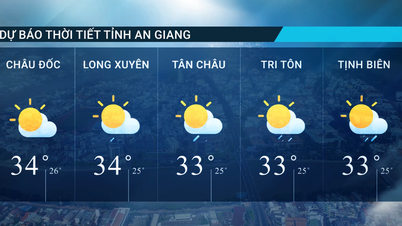



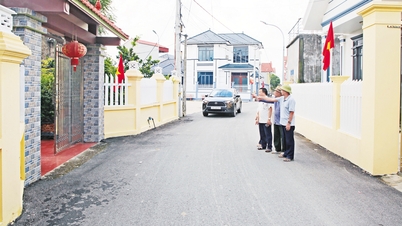













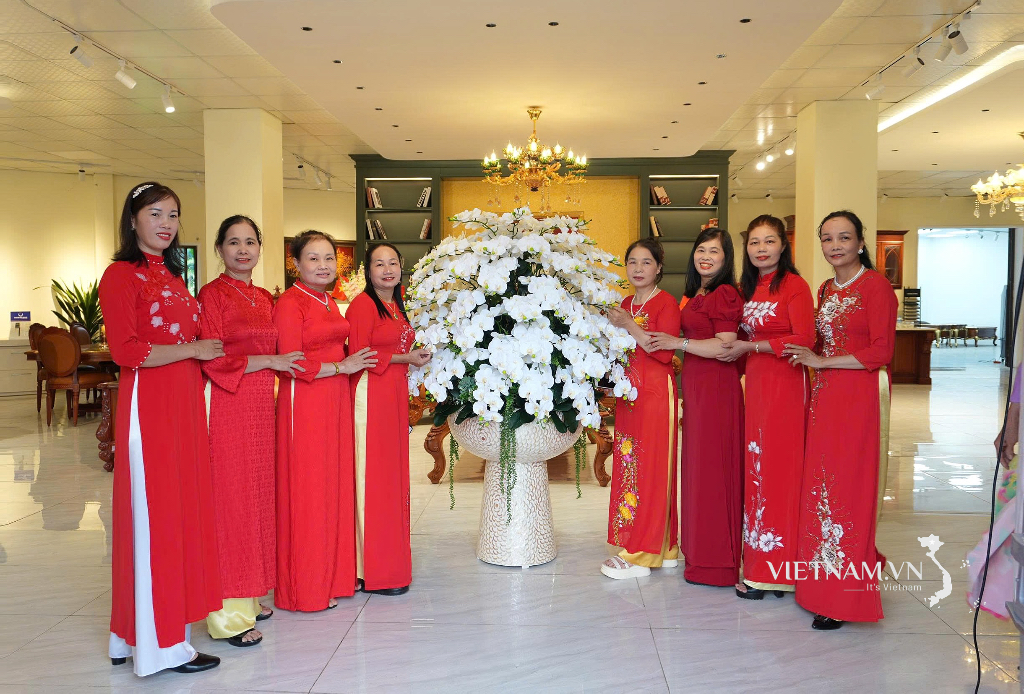


Comment (0)